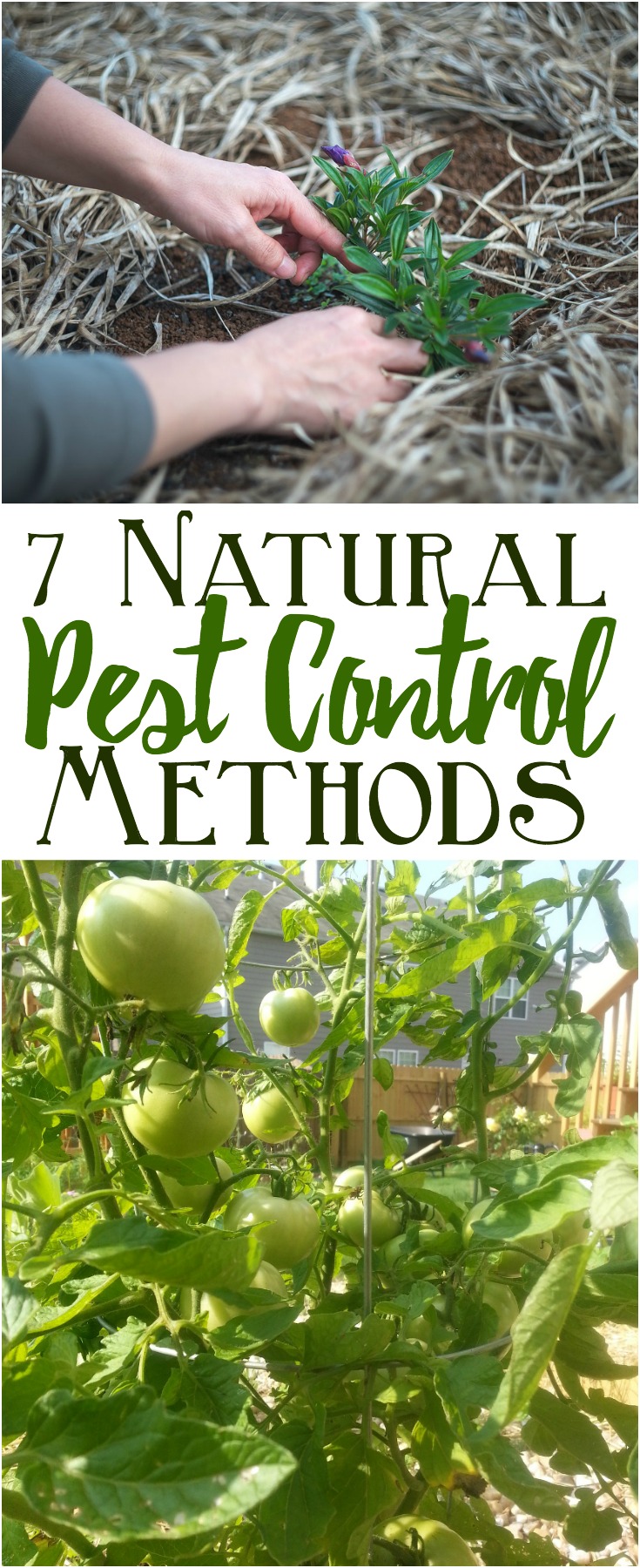Natural Solutions to Manage Pests and Insects on the Homestead Property
Living on a homestead property comes with many rewards, but it also brings its fair share of challenges. One such challenge is dealing with pests and insects that can cause damage to crops, livestock, and even your home. While chemical solutions are readily available in the market, they often come with harmful side effects for both humans and the environment. Thankfully, there are several natural solutions that can help manage these pests effectively without compromising your health or the ecosystem.
1. Maintain a Clean Environment: Prevention is key when it comes to managing pests naturally. Keeping your surroundings clean reduces the chances of attracting pests in the first place. Regularly remove any debris or clutter from your property as they can provide hiding places for insects.
2. Practice Crop Rotation: If you have a vegetable garden or grow different crops, implementing crop rotation can deter pests from infesting your plants. By rotating crops annually, you disrupt their life cycles, making it harder for them to establish themselves and reducing their overall population.
3. Introduce Beneficial Insects: Not all insects are harmful; some actually help control pest populations naturally. Consider introducing beneficial insects like ladybugs or lacewings into your garden as they feed on common garden pests such as aphids and mites.
4. Use Companion Planting Techniques: Certain plants emit natural scents that repel specific insect species while attracting beneficial ones at the same time. For example, planting marigolds near tomatoes helps ward off nematodes while attracting bees for pollination.
5. Install Physical Barriers: Another effective way to manage pests naturally is by installing physical barriers around vulnerable areas like gardens or chicken coops. Fencing made from mesh wire can keep larger animals out while allowing air circulation.
6. Utilize Natural Repellents: Many essential oils have powerful repellent properties against insects due to their strong fragrances. For instance, peppermint oil can deter ants and spiders, while citronella oil is effective against mosquitoes.
7. Create Homemade Traps: Simple traps made from household items can help catch and control pests organically. For example, a mixture of sugar water and dish soap in a jar can attract fruit flies, trapping them inside.
8. Adopt Organic Pest Controls: There are several organic pest control products available on the market that utilize natural ingredients like neem oil or diatomaceous earth to combat pests effectively without harming beneficial insects or the environment.
9. Implement Integrated Pest Management (IPM): IPM is an approach that combines multiple pest control strategies to manage infestations effectively while minimizing environmental impact. It involves monitoring pests regularly, setting action thresholds, and implementing appropriate controls when necessary.
10. Use Natural Predators: Encouraging natural predators on your homestead property can be highly effective in controlling specific pest populations. For example, attracting birds by providing birdhouses and feeders helps keep insect numbers in check.
11. Opt for Biological Controls: Beneficial organisms such as nematodes or bacteria can be introduced into the soil to target specific pests at their source without posing any harm to humans or the ecosystem.
12. Maintain Proper Hygiene Practices with Livestock: If you have livestock on your homestead, practicing good hygiene measures is crucial to prevent infestations of external parasites like ticks or fleas. Regularly clean animal shelters and provide proper grooming for your animals to minimize these risks.
By implementing these natural solutions on your homestead property, you can effectively manage pests and insects without resorting to harmful chemicals that may have long-term negative effects on both your health and the environment. Embracing these methods not only promotes sustainability but also ensures a safer living environment for all inhabitants of your homestead – human and non-human alike!


Leave a comment